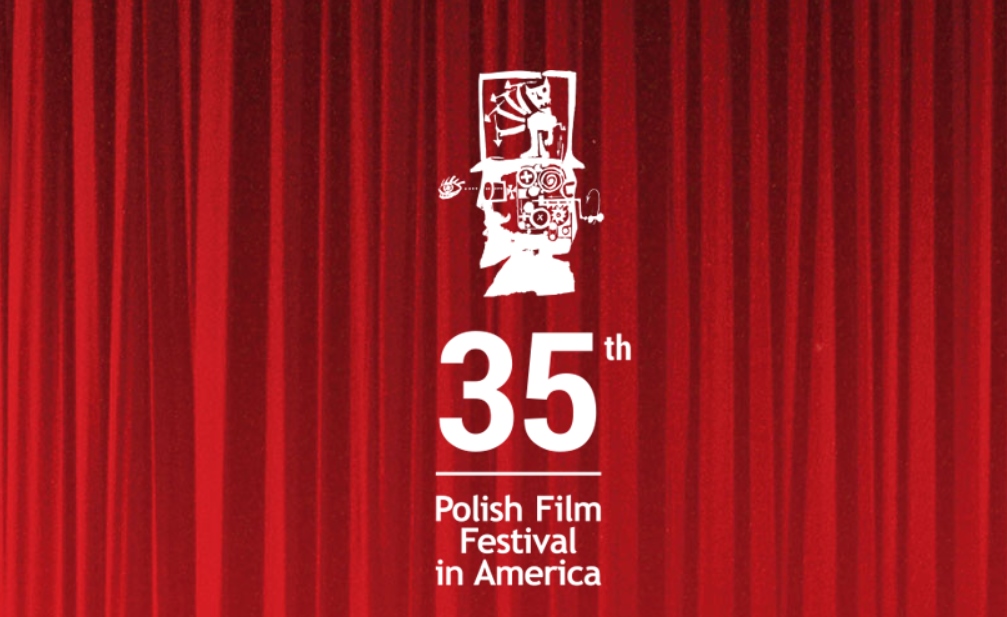In November, Chicago hosted the 35th Polish Film Festival in America, which is considered the world’s most comprehensive annual review of Polish film. Its aim is to promote Polish cinema on the North American continent.
During the event, which has been held since 1989 with the assistance of the Film Center of the Chicago Art Institute, more than 70 feature films, documentaries and shorts are presented each year, hosting numerous Polish filmmakers from all over the world.
The main organiser of the festival is The Society for Arts, which aims to popularise European art in the United States.
“The New York Times” considers the review of Polish cinema to be one of the five most important festivals of European cinema in North America, and “The Chicago Tribune” calls the event a Chicago success story.
The Festival organisers were honoured with the Laterna Magica award for achievements in the promotion of Polish cinema, a special award from the Minister of Foreign Affairs of the Republic of Poland and an award from the Polish Film Institute for the promotion of Polish film abroad.
This year, the Festival presented, among others, three films from the series “Works Lost” made by the Documentary and Feature Film Studio in Warsaw: “Picasso’s Guitar”, “Diana” and “Portrait of a Young Man in a Wig”.
The films presented as part of the screening tell the stories of objects lost from Polish museums during World War II and considered to be Polish war losses. Two of these works – the sculpture ‘Diana’ chiseled by Jean-Antoine Houdon from the collection of King Stanisław August Poniatowski at the Palace on the Water in the Royal Łazienki Park in Warsaw and the painting ‘Portrait of a Young Man in a Wig’ painted by Krzysztof Lubieniecki from the National Museum in Warsaw – have been recovered in recent years thanks to restitution efforts by the Ministry of Culture. Meanwhile, Picasso’s ‘Guitar’, lost from the Art Museum in Łódź, is still among the more than 516,000 works of art sought by the Polish State worldwide since the end of the Second World War.
Adrian Andrzejewski





